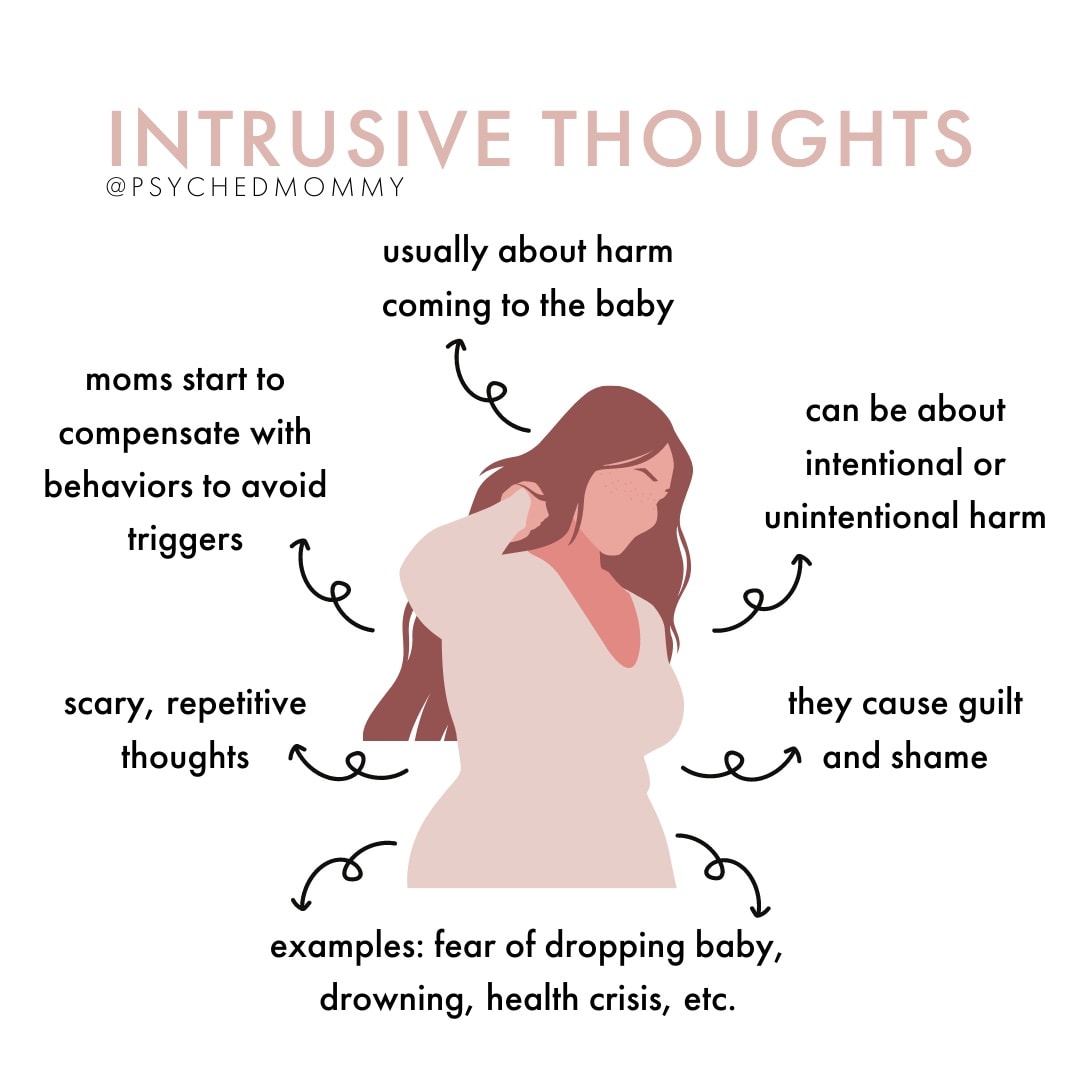Bringing a new life into the world is one of the most exciting and overwhelming experiences a parent can have. As you finally hold your little bundle of joy in your arms, you’re filled with joy, love, and a mix of emotions you never thought possible. But despite all the love and preparation, it can be difficult to know what to expect when it comes to caring for a new baby. In this article, we’ll dive into the secrets that many parents wish they had known when they first brought their baby home from the hospital. From the practical to the unexpected, these insights will give you a head start on your journey as a new parent. Get ready to take some notes, because some of this info may save your sanity.

New Parents Can Sometimes Have Intrusive Thoughts
This one takes a lot of new parents by surprise. With the anxiety of keeping a tiny human alive, a lot of worst-case scenarios can pop into your mind. Postpartum intrusive thoughts can be a distressing experience for new mothers, leaving them feeling ashamed, afraid, and stressed. These thoughts can come on suddenly and without warning, and can include violent, sexual, bizarre, or socially taboo ideas and images. They may be irrational and can range from happening once to constantly repeating. Examples of these thoughts include worrying about your baby suffocating, falling, drowning, getting scalded, or getting dropped. These types of thoughts are normal in the postpartum period, but you should speak to a mental health professional to get the support you need.
